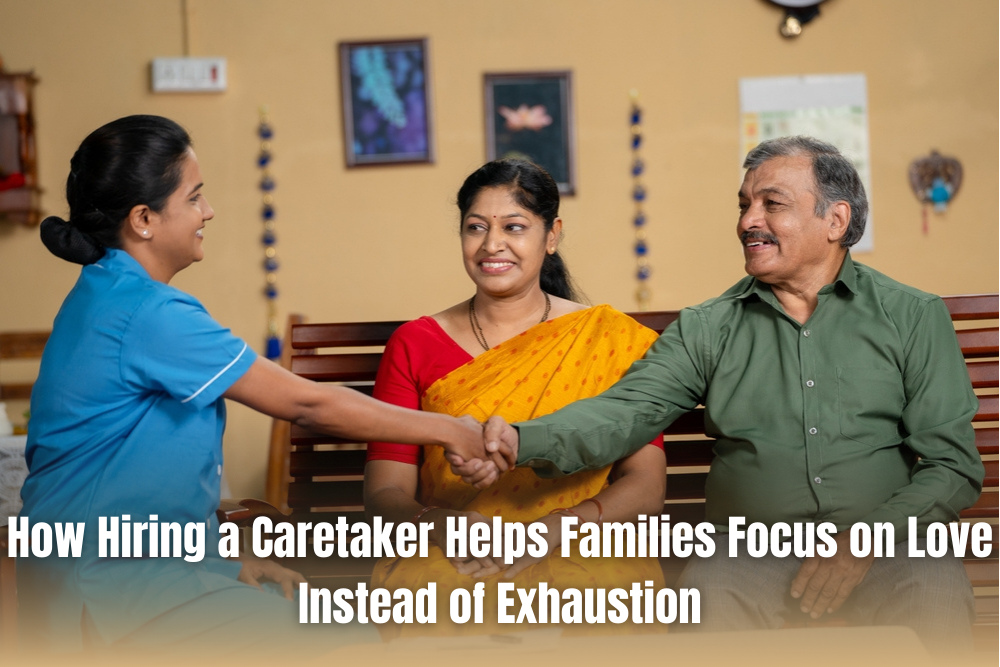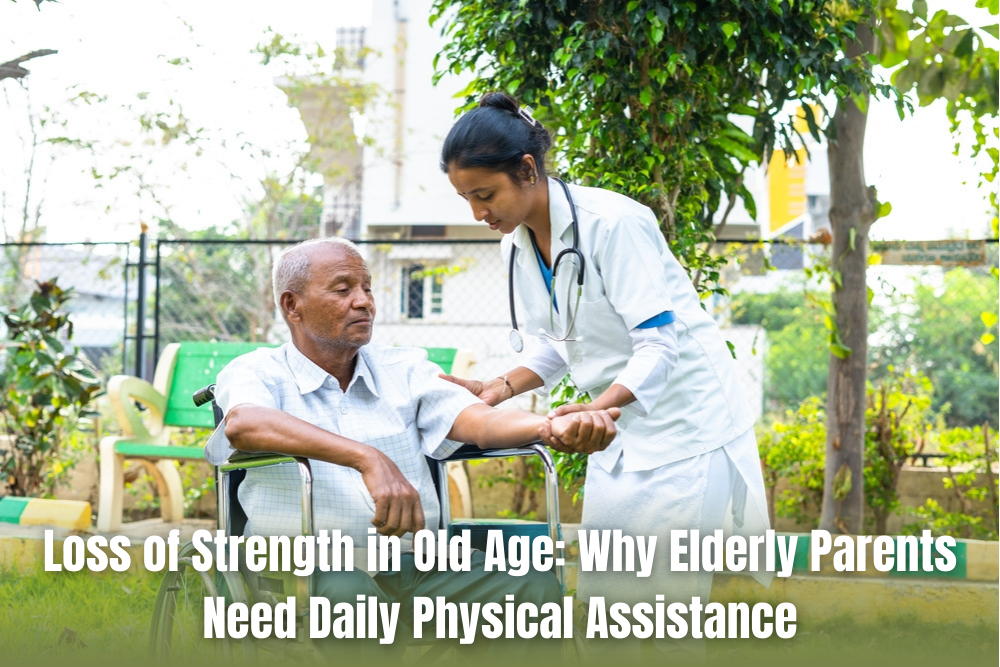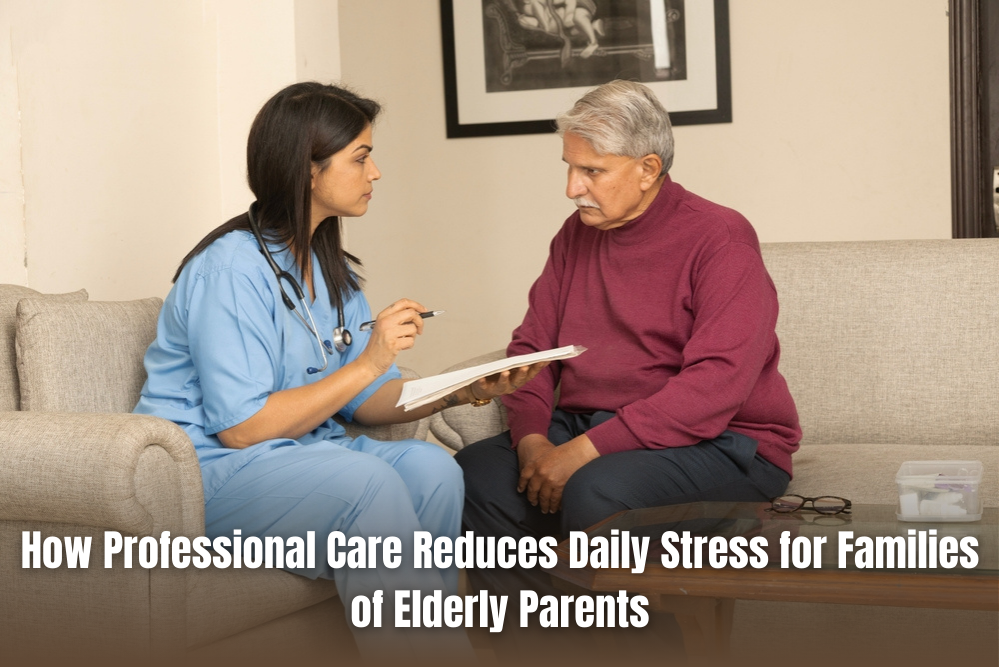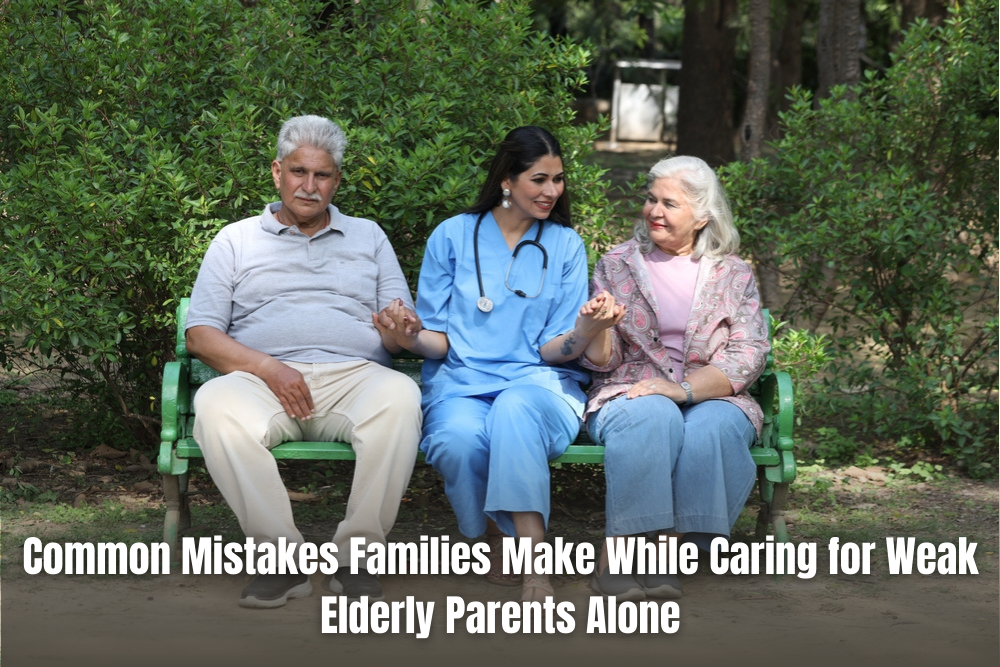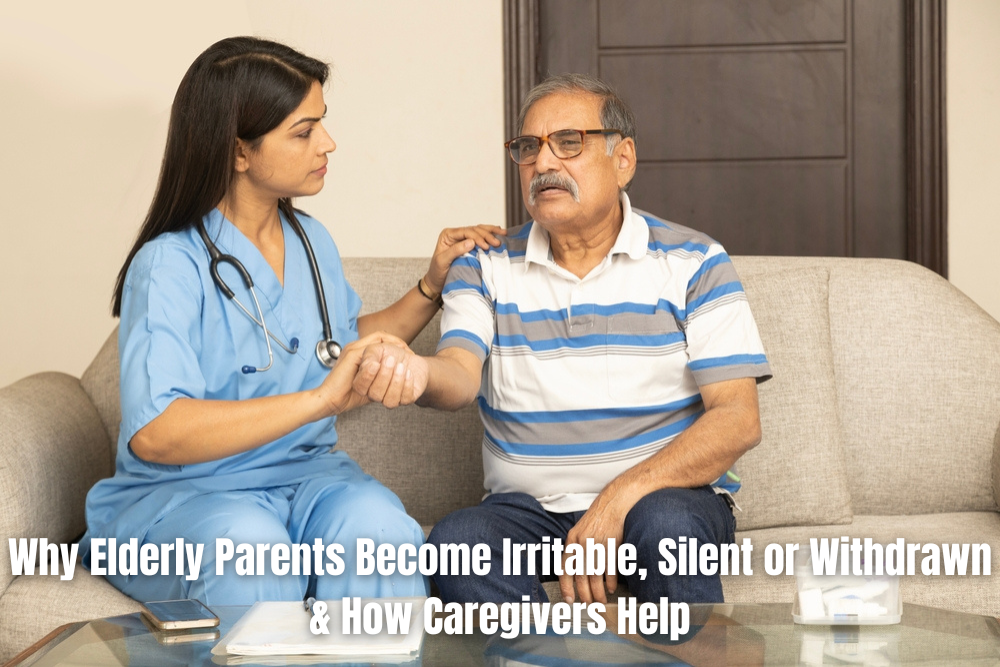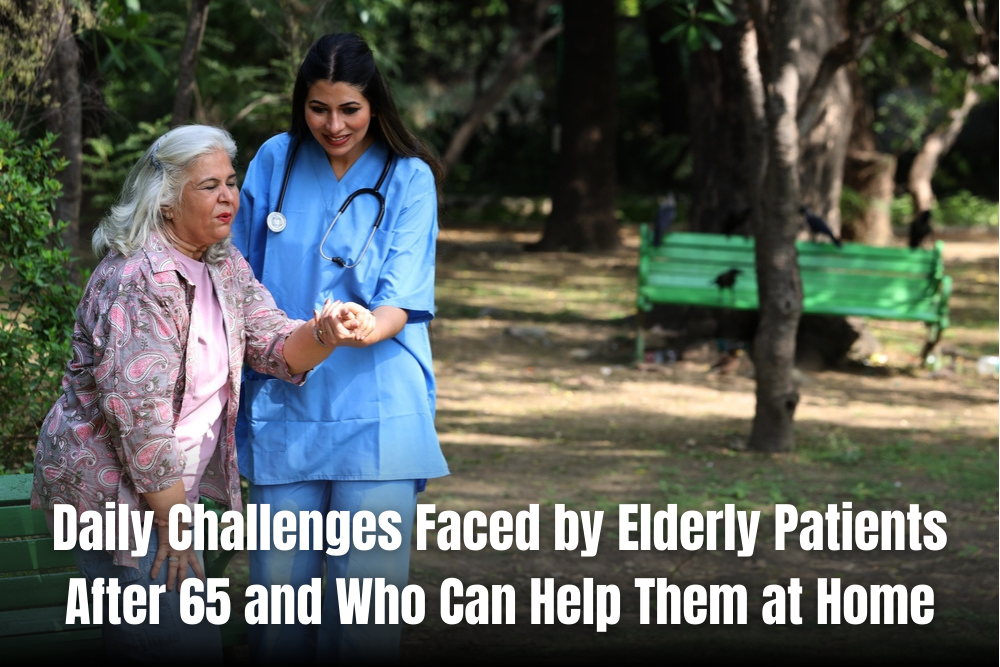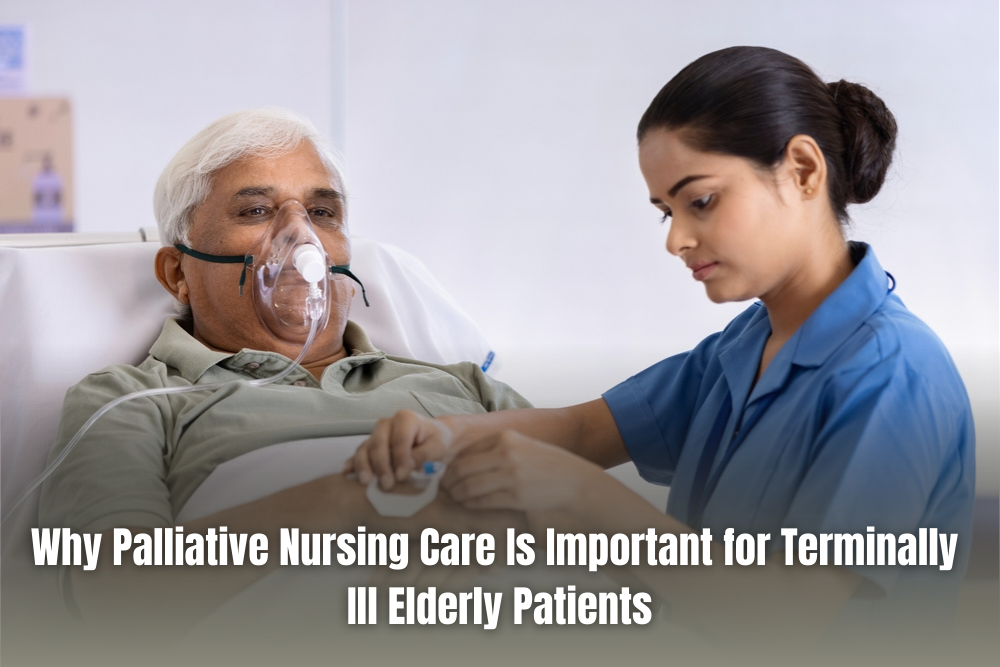Caring for elderly parents comes from a place of love. Children want to do everything themselves help with bathing, medicines, meals, walking, and doctor visits. But over time, this constant responsibility can turn love into exhaustion, stress, and even guilt.
Many families don’t realise this until they feel physically drained, emotionally irritated, or silently overwhelmed.
Hiring a professional caretaker doesn’t reduce love; it actually brings love back to the centre, by removing daily exhaustion. This article explains how caretakers help families shift from survival mode to meaningful connection.
When Care Becomes Exhausting Instead of Loving
Families caring for elderly parents often face:
- Long days filled with routine tasks
- Sleepless nights due to worry or night care
- Physical strain from lifting or assisting movement
- Emotional stress from seeing parents weak or dependent
- Little time left for conversation, bonding, or rest
Slowly, care turns into duty and guilt replaces joy.
Why Exhaustion Affects Family Relationships
When family members are tired:
- Small issues lead to frustration
- Conversations become rushed
- Patience reduces
- Seniors feel like a burden
- Children feel guilty for feeling tired
This emotional cycle hurts both parents and children.
How Hiring a Caretaker Changes Everything
1. Daily Tasks Are Handled Smoothly
Caretakers take care of:
- Bathing and hygiene
- Dressing and grooming
- Feeding and hydration
- Walking and mobility
- Medicine reminders
Families no longer spend their energy on constant physical tasks.
2. Families Get Emotional Space
When caretakers handle routine care, family members can:
- Sit and talk peacefully
- Share meals together
- Listen to stories
- Spend time without rushing
Time spent becomes quality time, not task time.
3. Reduces Physical and Mental Burnout
Caring for elderly parents is demanding. A caretaker:
- Prevents physical strain
- Reduces mental overload
- Helps families sleep better
- Lowers anxiety about emergencies
Rested families are more patient, calm, and loving.
4. Seniors Feel Less Like a Burden
Elderly parents often feel guilty asking their children for help.
With a caretaker:
- They ask for help without hesitation
- Their dignity is preserved
- Emotional pressure on children reduces
This improves emotional comfort on both sides.
5. Improves Family Bonding
When exhaustion reduces:
- Conversations become warmer
- Smiles return
- Conflicts reduce
- Love flows more naturally
Care becomes shared not heavy.
Caretakers Don’t Replace Family They Support It
A caretaker doesn’t replace a child’s love.
They simply handle the physical load, so families can offer the emotional presence elderly parents truly need.
Shree Swami Samarth Patients Seva: Helping Families Care Better, Not Harder
At Shree Swami Samarth Patients Seva (www.sssps.in), we’ve seen how families transform once they get the right support.
Our trained caretakers:
- Handle daily care with patience
- Support mobility and hygiene
- Offer companionship and respect
- Reduce family stress
- Allow families to focus on love, not exhaustion
We don’t step in to take over, we step in to make caring easier.
FAQs
Q1: Does hiring a caretaker mean I’m doing less for my parents?
No. It means you’re ensuring safer, better care while staying emotionally present.
Q2: Will my parents accept a caretaker?
Most seniors adjust quickly when care is given gently and respectfully.
Q3: Can caretakers stay full-time?
Yes. Part-time, full-time, and 24/7 options are available.
Q4: Will this really reduce family stress?
Yes. Families often feel relief within days once routine care is managed professionally.
Conclusion
Love should feel warm not exhausting.
Caring for elderly parents shouldn’t drain families emotionally or physically.
By hiring a trained caretaker, families get back what matters most time, patience, peace, and love.
At Shree Swami Samarth Patients Seva, we help families care with their hearts while we support with our hands.


